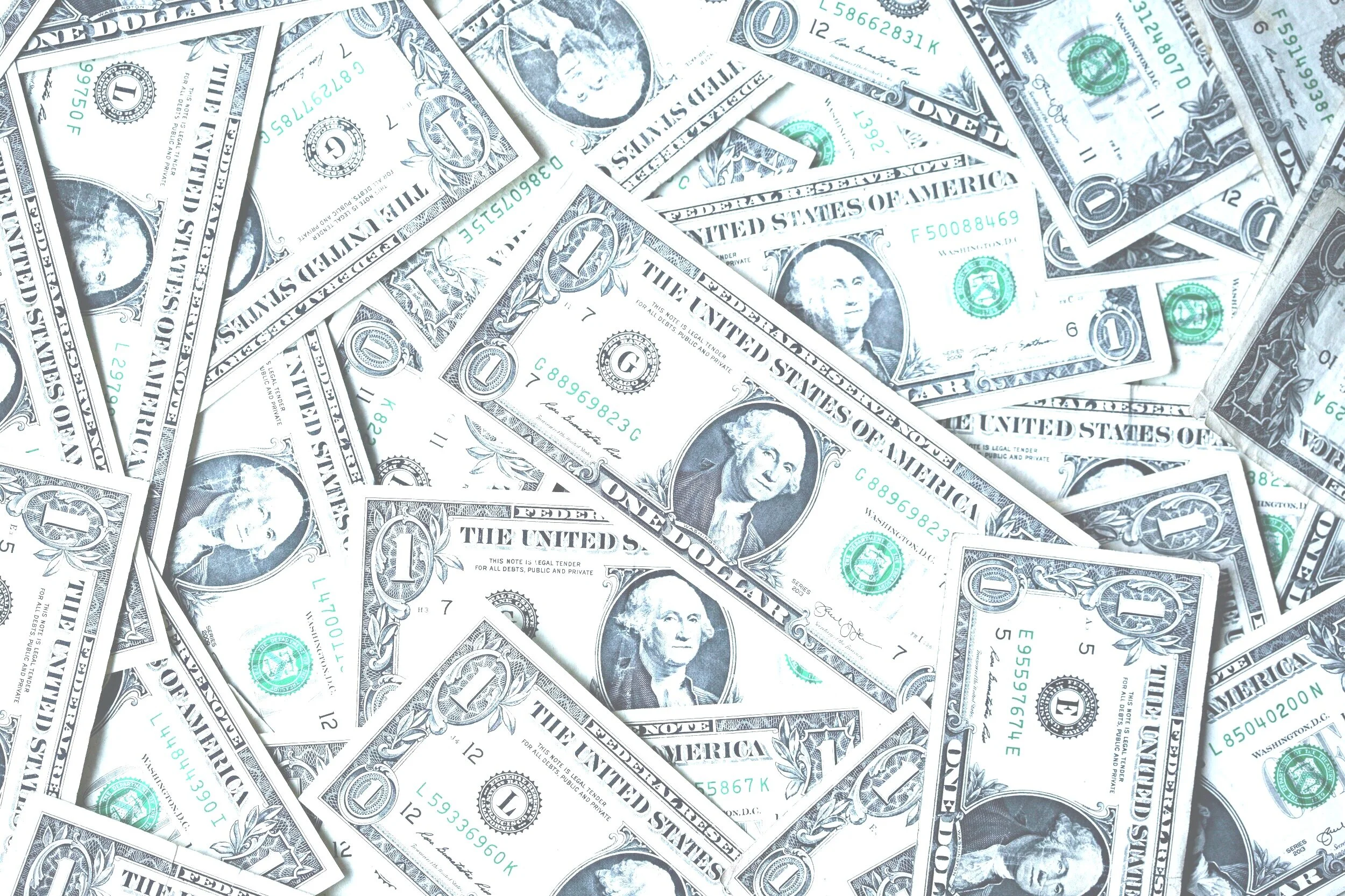A few weeks ago personal finance guru and creator of “Financial Peace University” Dave Ramsey said during an interview with Fox News: “I don’t believe in a stimulus check, because if $600 or $1,400 changes your life, you were pretty much screwed already.” He later went on to say, “You have a career problem, you have a debt problem, you have a relationship problem, you have a mental health problem — something else is going on if $600 changes your life.”
While I agree that a $1,400 stimulus check is certainly not going to solve all of your financial problems, it can make a big difference in your financial life depending on your situation. This week I want to explore some of the ways you might use your stimulus check to make a big impact in your financial life and in the lives of others.
If you are struggling financially, $1,400 can make a difference in helping you meet your financial obligations. According to a new survey reported on by yahoo!finance, 22% of Americans who lost their job during the pandemic are still out of work a year later. A new GoBankingRates survey found that nearly half of Americans have missed at least one rent or mortgage payment during the pandemic. Many Americans have also taken on debt during the pandemic. If you need to get current on your rent or pay off accumulated debt, that $1,400 can be a huge boost.
Tip: If you are unemployed, there are a few extra provisions for you in the most recent stimulus bill, including a $300 boost to unemployment benefits through Sept. 6. The bill also makes the first $10,200 of unemployment payments tax-free for those households with annual incomes under $150,000. If you are a freelance worker or independent contractor impacted by the pandemic, you may be eligible to receive benefits through the Pandemic Unemployment Assistance program.If you have no safety net, $1,400 can help create a cushion against future emergencies or vulnerabilities. If you are current on all of your bills but the pandemic has taken a bite out of your emergency fund (or you didn’t have one to begin with), this stimulus check can go a long way toward putting one in place. Curious how much you need in a short-term emergency fund? Check out this post.
Tip: If the pandemic has taught us anything, it’s the value of having a financial safety net just in case your job is cut or your salary is reduced. $1,400 can help with short-term needs but it certainly can’t keep you afloat for long. Once you reach your short-term emergency savings goal, evaluate what your long-term goal might be (generally somewhere between 3-6 months of expenses saved) and create a plan to work towards it.If you’re working toward critical financial goals, $1,400 can give you a leap forward. If you’re paying off debt, saving up to buy a home, or have another key financial goal you’re working toward, $1,400 can go a long way toward making that goal a reality. I realize putting all of that extra money aside may feel a little depressing to some. If that’s the case, chop the total up into percentages. Why not put 10% ($140) aside as “fun money,” give 10% ($140) away to a cause you care about, and put the rest (80% = $1,120) towards your big goal?
Tip: Not sure exactly which goal you’d like to move your money towards? The worst thing you can do is let it sit in your checking account. It will be spent before you know it. Instead, put it aside in a high yield savings account so it can earn a little interest while you decide.If you are financially secure, $1,400 gives you the opportunity to stimulate the economy and aid others in need. For so many of us, myself included, the pandemic has been a moment that has forced us to reckon with our privilege. As someone who didn’t lose a job or have their hours reduced, someone who was not personally impacted by the coronavirus, and someone whose skin color has afforded more opportunities than I could possibly imagine, the pandemic has forced me to step back and ask myself how I am actively aiding in the work of dismantling structural inequality and how I’m working to redistribute my wealth. My husband and I decided to use the first stimulus check to invest in neighborhood restaurants, small businesses, and causes providing immediate relief from the pandemic and/or working to address systemic racism. If you are financially secure and the pandemic has had little impact on your life, this is a prime opportunity to use your wealth to help others in need and advocate for systemic change.
Tip: After our first stimulus check, we decided to change our approach a bit. Instead of using our stimulus money to create change and then going back to “business as usual” with our finances, we decided to take some steps to support these causes and our neighborhood businesses within our regular budget, allowing us to continue this work going forward.
